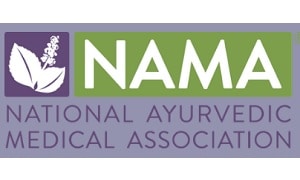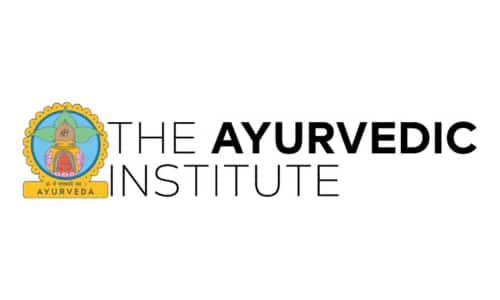On this page
Ayurvedic medicine: an overview ›
Find Ayurvedic practitioners ›
Ayurvedic medicine: an overview
Ayurvedic medicine is one of the world’s oldest medical systems, originating in India over 3,000 years ago. It is based on a holistic approach that emphasizes the interconnectedness between individuals, their health, and the universe. Ayurveda focuses on balancing the body’s constitution, or prakriti, and managing the three life forces known as doshas—vata, pitta, and kapha—which are believed to govern physical and mental health.1National Center for Complementary and Integrative Health. Ayurvedic Medicine: In Depth. April 7, 2016. Viewed February 5, 2018.
What do Ayurvedic practitioners offer?
Ayurvedic physicians, or vaidyas, provide individualized treatment plans that aim to balance a person’s doshas and restore harmony within the body. Treatment can include:2National Center for Complementary and Integrative Health. Ayurvedic Medicine: In Depth. April 7, 2016. Viewed February 5, 2018.
- Herbal formulations: Ayurvedic remedies often involve a combination of herbs and proprietary ingredients. Some common herbs used in cancer care include curcumin › and ashwagandha.
- Massage therapy: Ayurvedic massage, known as abhyanga, is used to promote circulation, detoxification, and overall well-being.
- Lifestyle recommendations: Diet, exercise, meditation, and other daily practices are tailored to the individual’s constitution and health needs.
Some Ayurvedic herbs and therapies, such as curcumin › and yoga ›, are included in our Supplements and Therapies Database ›, where the medical benefits are evaluated based on available evidence. While Ayurvedic treatments are widely used, it’s important to be cautious with Ayurvedic products, as some have been found to contain harmful levels of heavy metals like lead, mercury, and arsenic. High-quality, reputable sources should be sought to minimize risks.
Who are Ayurvedic practitioners?
Ayurvedic practitioners vary in their level of training and the services they can provide, particularly outside of India. In the United States, for example, Ayurvedic practice is not formally regulated by federal or state governments, and there is no standardized licensing or credentialing system for Ayurvedic medicine. As a result, the services that Ayurvedic professionals can legally offer are often limited by state laws that prohibit the unlicensed practice of medicine. Patients should be aware of the practitioner’s credentials and ensure that treatments align with both legal guidelines and evidence-based practices.
Find an Ayurvedic practitioner

National Ayurvedic Medical Association: Find an Ayurvedic Professional ›

Yes to Life: Ayurveda › Find practitioners or clinics providing Ayurveda

Nancy’s List Directory of Integrative Practitioners and Healing Centers › (search for “Ayurveda”)
Helpful links
Explore the research on Ayurveda-related therapies
Learn about other medical approaches
References




